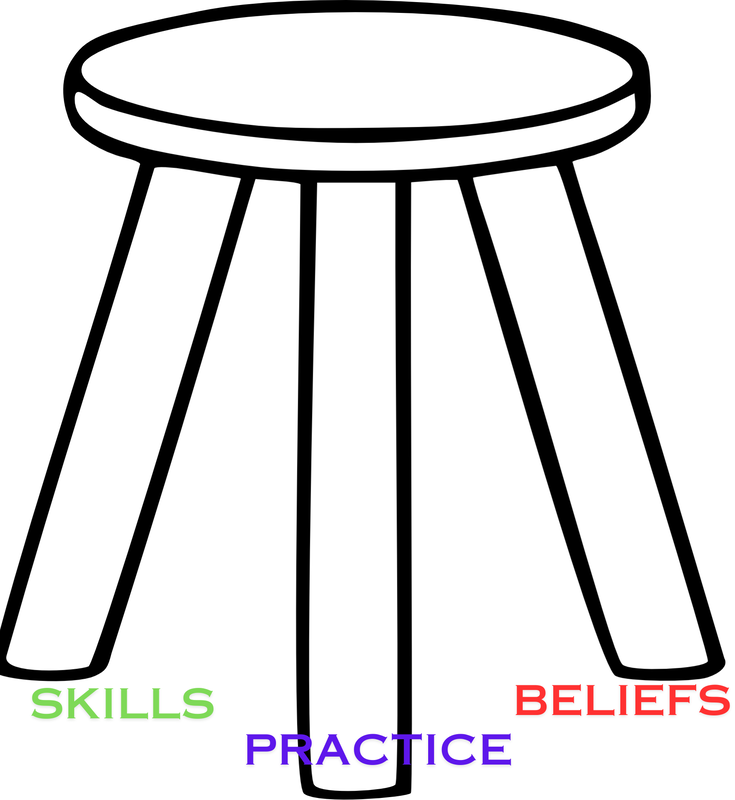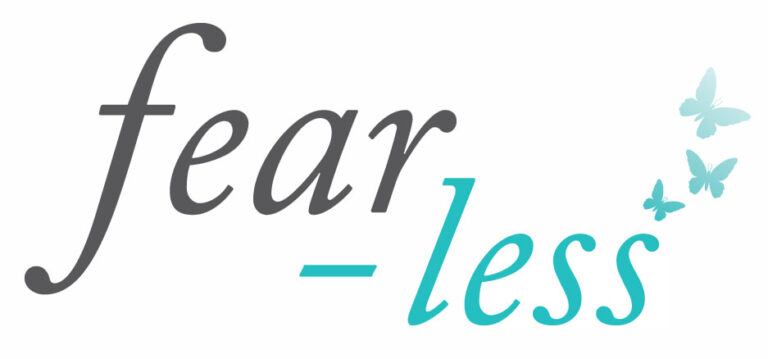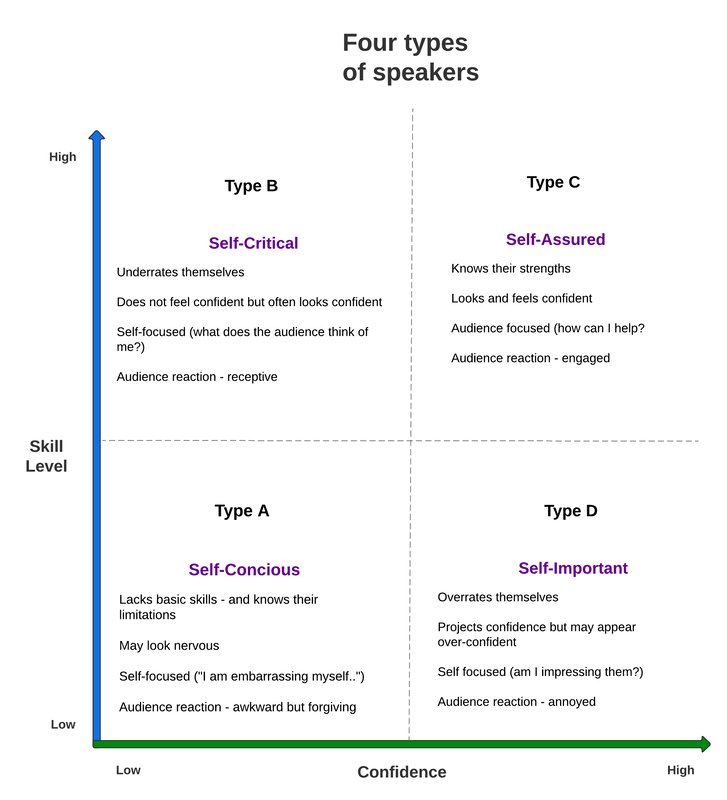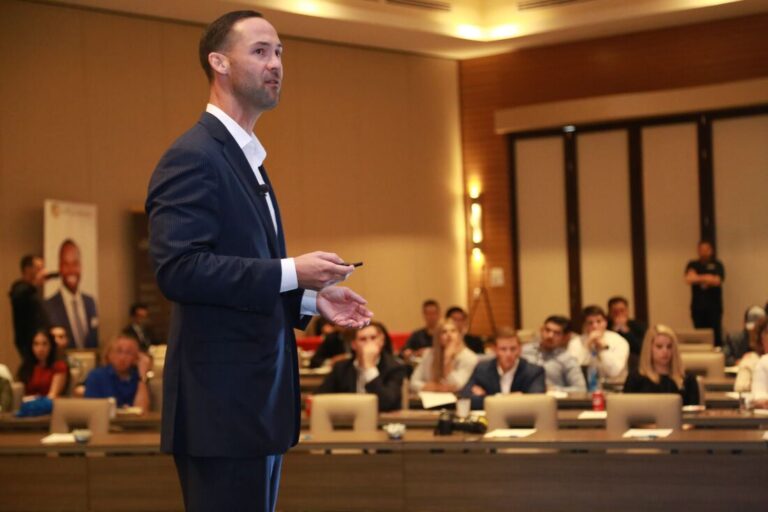Mindset Shifts
Why You Feel Most Nervous Right Before You Speak (Even When You Are Well Prepared)

People experience public speaking anxiety at different stages. In the days or weeks leading up to a presentation, you might notice a low-level dread. On the day itself, that anxiety often builds. For some people, it eases once they start speaking. For others, it comes...

How to Stop Waffling – Think Before You Speak!

Picture this: You’re mid-sentence in an important meeting when suddenly your brain hits the brakes. Words tumble out, but they’re not making sense. You’re rambling, circling back, desperately trying to find your point. Sound familiar?”I can’t think when I speak. My mind goes blank so...

Let’s Talk About the Fear No One Talks About

Let’s be honest—public speaking freaks a lot of us out. But here’s the thing… no one really talks about it.Over the years, I’ve asked large audiences, “Raise your hand if you’ve never been nervous about public speaking.” At most, a few hands go up. The...

Why You Should Be the Only Person Who Can Give Your Presentation

I was helping to run a workshop recently for high school student leaders. They were practising inspirational-type speeches that they would be giving at school assemblies to younger students. Common themes were making the most of opportunities at school, overcoming adversity, and making friends. All students spoke...

Three Personality Types and One Fear – Public Speaking!

Laid-back Luke, Perfect Penny, and Sensitive Sarah all share a fear of public speaking. In this article I have used three personas to explain how different personality types can share this common fear. None of these personas represent a real person, but they are all typical...

A Three-pronged Approach to Dealing With Public Speaking Anxiety

If previous attempts to tackle your fear of public speaking have failed, this article is for you. It explains why learning public speaking skills, practice (preferably in a safe environment), and mindset shifts can work together to help you overcome a fear of public speaking....

Why It Is OK to Be a Nervous Speaker!

The number one goal of people who do my Fear-less public speaking course is to become a confident speaker. Their number two goal is to get rid of the nerves. With a bit of work, anyone can become a confident speaker, but getting rid...

The Fear-less Public Speaking Blog Turns 5! : A comprehensive guide to what is in it and what you may have missed.

I started the Fear-less blog 5 years old and have written more than 50 articles. I aim to write one a month – sometimes I wonder whether I will run out of ideas for new articles – but it hasn’t happened yet!I get about 10,000...

Becoming a More Confident Speaker Takes Two Things – Courage and Practice

Today’s blog post has a simple message. Everyone wants to become a more confident presenter. But confidence is not something that just happens. It takes courage and practice to become more confident. Confidence is the number one thing people who fear public speaking want to gain. “I want to...

How to Stop Public Speaking Anxiety From Spiraling

I am always looking for new ways to help people reframe their anxiety about public speaking, so I was thrilled to come across this TED talk by Lisa Damour – “3 steps of anxiety overload — and how you can take back control”.She explains the three...

How a Lack of Confidence Can Stop a Good Public Speaker From Being Great

Skilled speakers exude confidence, right?Not necessarily. Many reasonably good speakers suffer from intense self-doubt, which ruins the experience of speaking for them and holds them back from becoming great speakers. If you are an anxious speaker, you have probably decided you are rubbish at it...

If You Are Avoiding Public Speaking You Are Not Alone – But You Are Not Doing Yourself Any Favours.

I run courses for people with public speaking anxiety. In the pre-course questionnaire, 80% of participants say that they avoid public speaking if they possibly can. They turn down opportunities, get ‘sick’ on the day, ask others to step in for them, and even turn...

Why a ‘Service Mindset’ Will make You a Better Public Speaker – And a Less Nervous One!

Public speaking is a performance, but it is not the same as acting. There are two main differences. The first is fairly obvious – as an actor, you are being someone else, but as a public speaker, ideally, you are being yourself. Many people struggle...


